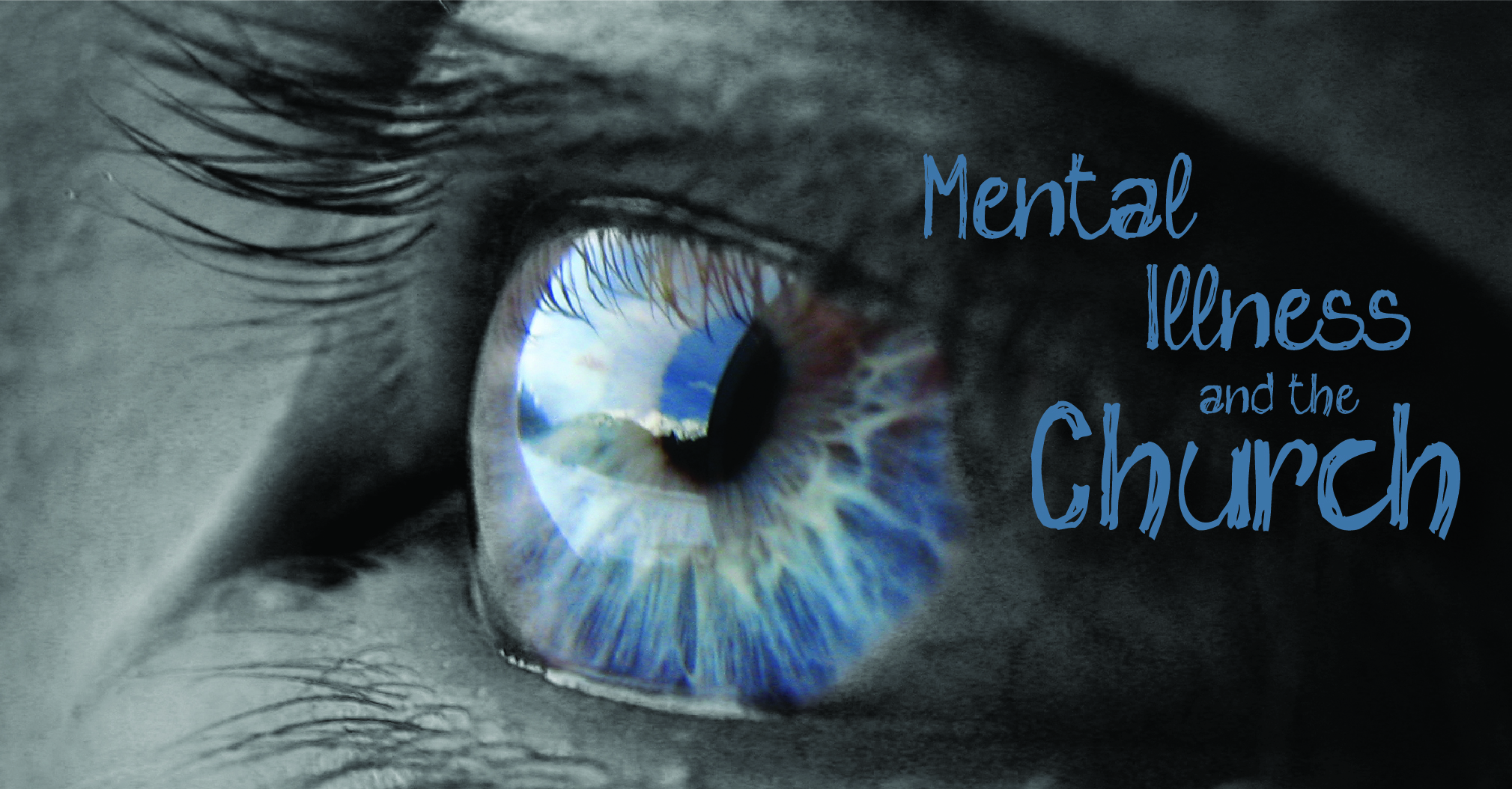
This blog series about mental illness is inspired by a session taught by Irma Janzen from Fort Garry EMC, presented at the Ministerial Day on July 3, 2015 at Ebenezer Christian Church in Brandon, MB. Thanks to Irma Janzen and the Evangelical Mennonite Conference for addressing this important issue, and for doing so graciously, while challenging us all to carefully consider our beliefs and actions in this area.
In my previous post, I addressed some misguided theological ideas that are especially relevant in discussions about mental illness, such as the idea that depression is the result of sin, or that health and wealth are the ultimate evidence of the Christian faith.
There is another stigma surrounding mental illness that I would like to address, but since it is not a theological idea, but rather a notion that is prevalent throughout our society, I am addressing it in a separate post.
What I am talking about is the idea that mental illness reflects poorly on one’s character. The truth is, mental illness does not equate to a weakness of character any more than cancer or a broken bone does. This is a serious element to the stigma surrounding mental illness; it is all too often linked to faulty character that there is an element of shame in our culture and society when it comes to mental illness.
But nobody should have to be ashamed of having to deal with mental illness. I can think of no worse illness for people to feel shame about than a mental illness. Since mental illnesses can affect one’s perception of things, to have society impose a faulty perception on top of the issues the illness itself causes just adds insult to injury.
For people who suspect that they might be dealing with a mental illness, it leaves them feeling ashamed, and can cause them to take a much longer time than necessary to seek appropriate help. It leads to denial of the problem, because to admit there is a problem would mean to admit to something you are ashamed of, so it becomes easier to just ignore it, at least for awhile. And like many illnesses, the longer one waits to seek help, the worse things can get in the mean time.
This faulty perception of mental illness also causes many people to act secretively when they do deal with it. They live in fear of people’s judgment, should they find out the truth. When dealing with an illness like cancer, many people rightly seek the help of others, which is good and beautiful, and God-honouring. Such help can be incredibly life-giving to those who suffer from mental illness, yet because of the societal stigma that mental illness has a correlation to a weakness of character, there is a strong element of shame when it comes to mental illness that prevents people from seeking such help. This is especially true in the church, unfortunately. Though the church is supposed to be a place people can come for help and support, unfortunately the secretive way people deal with it is done for self-protection. I hope and pray that this can change in our churches and our society.
As the famous adage goes, “be the change you want to see in the world”. Therefore, my hope and prayer—for myself and for you—is that we can be people who don’t shame others for having a mental illness, but rather show God’s grace and love to those who are suffering in such a way. And who knows, as you seek to be a help to those with mental illness, they might end up being an even greater help to you (Check out this article from Relevant Magazine called, “What I Learned About God From Psych Ward Patients”).
